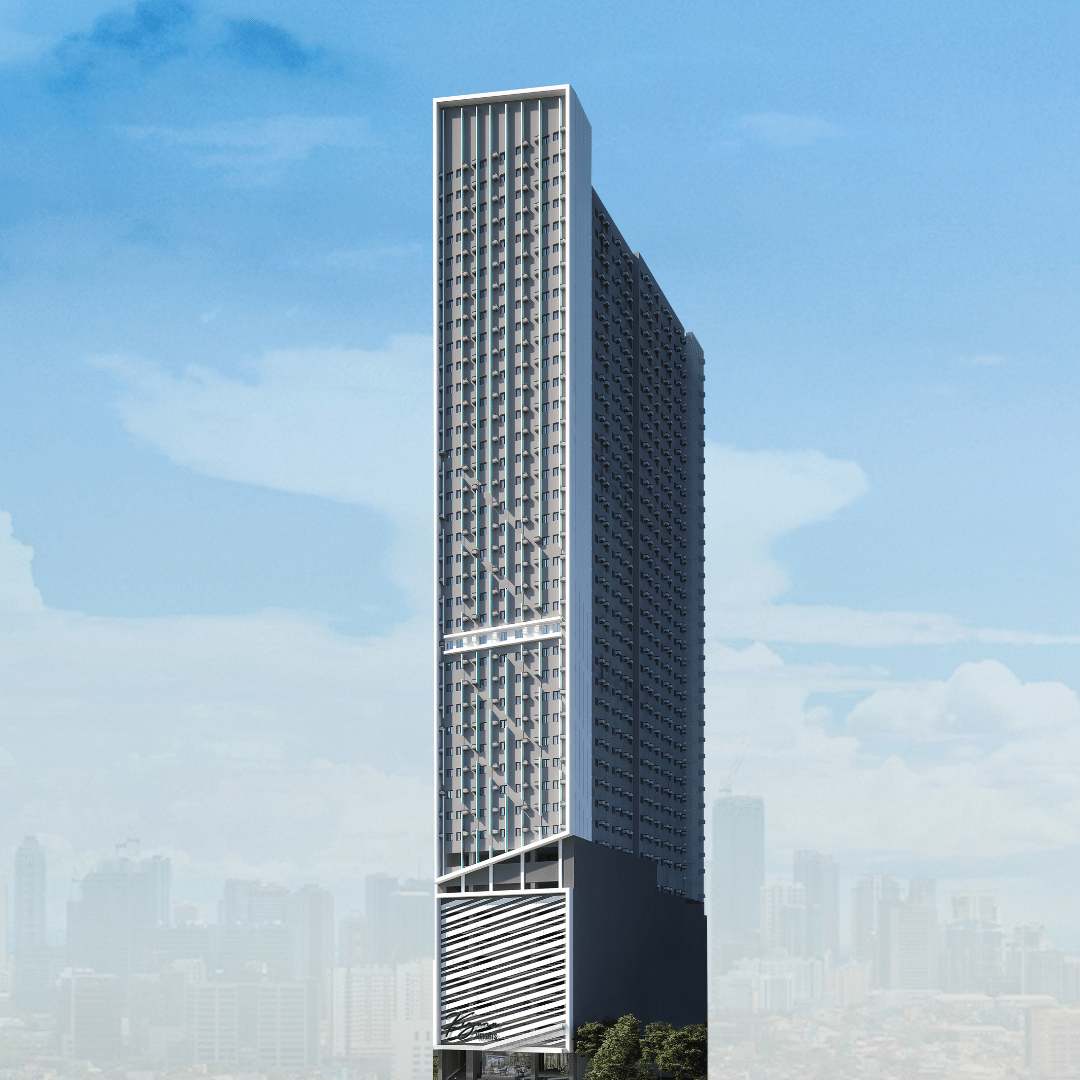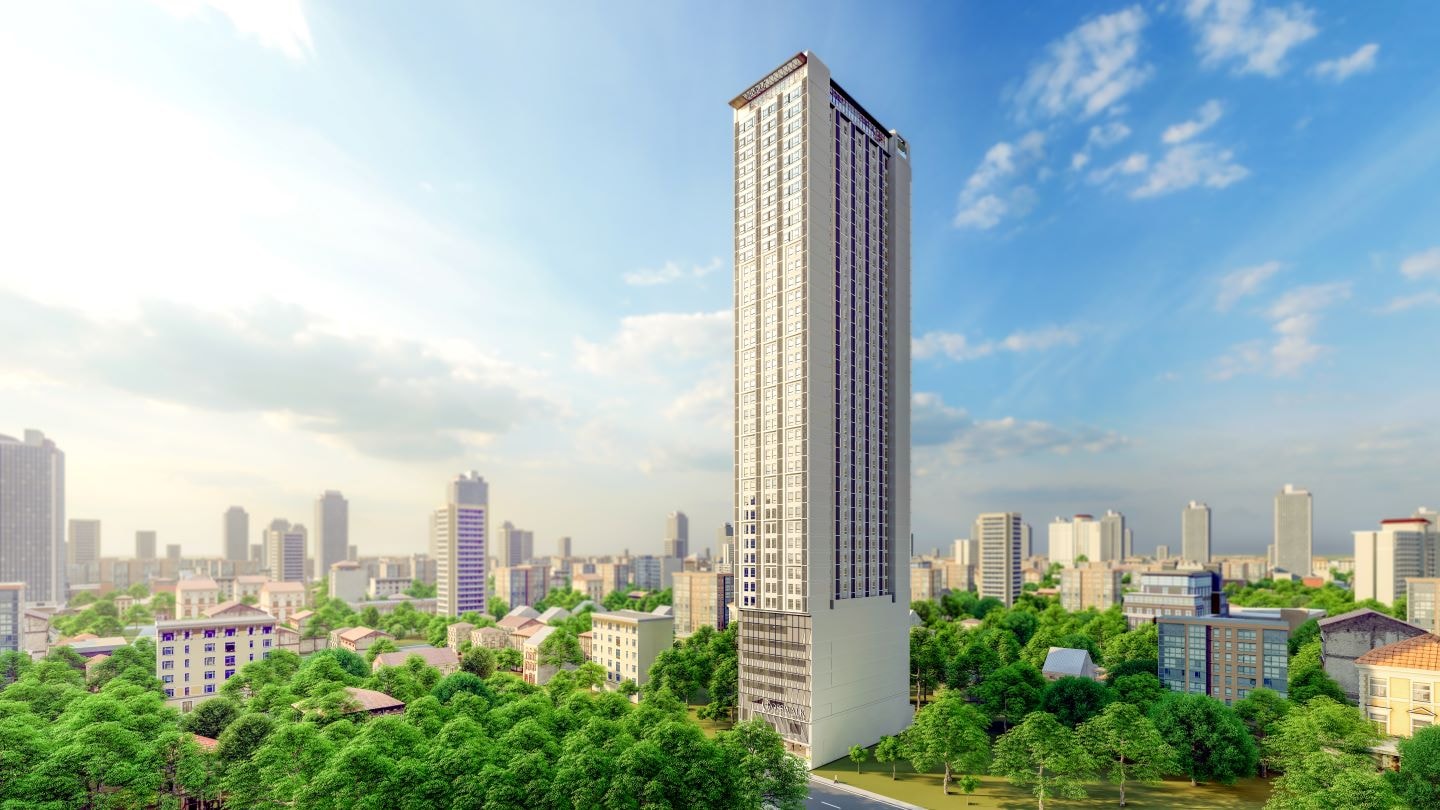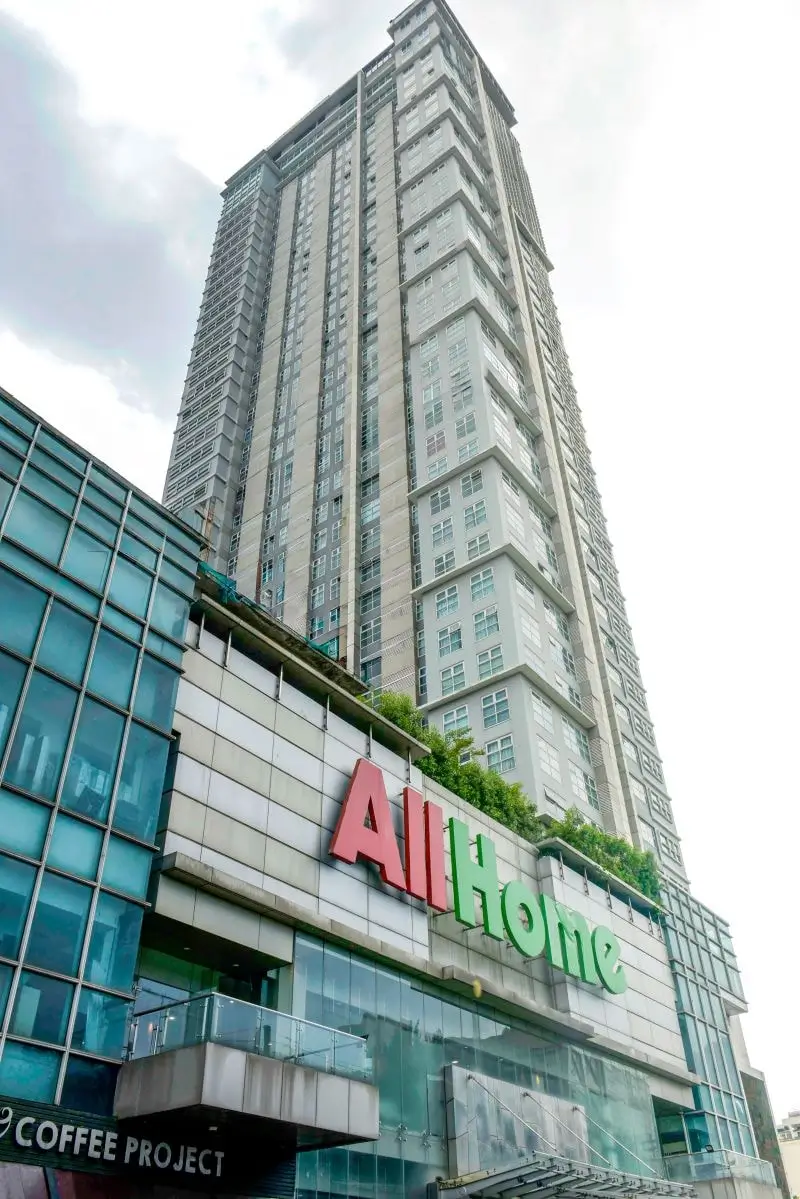Are you considering leasing your condo property? A condo for lease in the Philippines can be a lucrative venture, but it requires careful planning and preparation to ensure a successful and hassle-free experience. Before diving into the world of landlords, there are several essential things you should know.
In many markets, there is a consistent demand for rental properties, including condos. Factors such as population growth, limited housing supply, lifestyle preferences, and affordability constraints can contribute to a robust rental market. This demand provides a pool of potential tenants, ensuring a steady stream of rental income and minimizing vacancies. Real estate will never go out of business. Having a condo as a rental property is always the right choice. The benefits of owning a condo are endless when one sees it as a good investment.
There are several important things you should know to ensure a smooth and successful rental listing.
Here are some key considerations on how to lease your property:
Understand the legal requirements and review your condo association's rules.
Familiarize yourself with local and national laws regarding landlord-tenant relationships, lease agreements, fair housing practices, and eviction procedures. Ensure that you comply with all applicable regulations.Check your condo association's bylaws, rules, and regulations to understand any restrictions or guidelines related to leasing. Some associations have specific requirements or limitations on renting out units. This is so that future tenants will not be in trouble with the management once they move in. Money would continuously flow when services to potential renters were polished.In the unfortunate event of a dispute, a thorough understanding of the rules can provide a framework for resolution. It may include clauses specifying mediation or arbitration processes, saving both parties time, effort, and potential legal costs.
Determine market rent and expenses, and insure your property.
Research the rental market in your area to determine a competitive rental price for your condo. Consider the expenses associated with leasing, such as property taxes, insurance, maintenance costs, and condo association fees. Ensure that the rental income will cover these expenses and provide a reasonable return on your investment. An apartment is worthy of renting out when it's located in a city with the fitting amenities for one's chosen lifestyle. Surely, easy access to prime areas would attract the best tenants to make their bids.By having appropriate insurance coverage for your condo property. Typically, you will need landlord insurance, which offers protection for rental properties, including liability coverage and coverage for damage to the building and your personal property. Owning condos comes with responsibility and risks. It is only wise to purchase a condominium, so it is all the more justified for an owner to protect it from unforeseen maintenance needs.
Screen potential tenants and draft a comprehensive lease agreement.
Implement a thorough tenant screening process to find reliable and responsible tenants. This typically involves conducting background checks, verifying employment and income, checking references, and running a credit check. Choose tenants who have a history of paying rent on time and taking care of rental properties.Create a legally binding lease agreement that outlines the terms and conditions of the rental. Include details such as the duration of the lease, rent amount and due dates, security deposit requirements, pet policies, maintenance responsibilities, and any other relevant provisions. It's advisable to seek legal advice to ensure your lease agreement complies with local laws.A well-drafted lease agreement helps set clear expectations for tenants. It outlines the rules and regulations they must adhere to, ensuring they understand their obligations regarding rent payment, property maintenance, noise levels, and other important factors. This clarity helps foster a harmonious landlord-tenant relationship and reduces the likelihood of misunderstandings.A comprehensive lease agreement helps protect your property. It can include clauses related to property care, restrictions on alterations, and procedures for reporting damages or repairs. By clearly defining these expectations, you can maintain the condition and value of your condo property.
Understand your responsibilities as a landlord.
Familiarize yourself with your obligations as a landlord. Landlords are responsible for ensuring that the condo property is maintained in a safe and habitable condition. This includes addressing repairs, regular maintenance tasks, and keeping the property in compliance with health and safety codes. Landlords should promptly address maintenance issues reported by tenants or conduct regular inspections to identify and resolve any potential problems.Landlords must establish effective communication channels with tenants. This includes providing tenants with contact information and promptly responding to their inquiries, concerns, or maintenance requests. Open and clear communication helps to address any issues promptly, maintain a good landlord-tenant relationship, and ensure tenant satisfaction.Once monthly rent, due dates, and acceptable payment methods have been made clear, It shall encourage timely rent payments and provide a recourse in case of payment-related issues.
Depending on the rental market and demand, rental income can be a significant source of cash flow and potentially generate a profit.
Here are the benefits of renting out a property:
A profitable long-term investment.
Over time, as property values appreciate, the condo owner can benefit from the increase in equity. Additionally, rentals can contribute to the return on investment, making it a viable wealth-building strategy.
Freedom and flexibility.
Renting out a condo offers flexibility for the property owner. If the owner needs to relocate, downsize, or temporarily live elsewhere, renting out the condo allows them to retain ownership while generating income from the property. This flexibility can be particularly valuable for individuals who may not be ready to sell the property but want to leverage it for financial gain.
Lower Financial Risk.
A condo as a real estate property for rent can help mitigate financial risk for the property owner. Owning a vacant property can be costly, as the owner is responsible for all expenses without any income to offset them. By renting out the condo, the property owner can generate passive income that helps cover ongoing costs, reducing the financial burden.
Retention of ownership of the property for potential future use or sale.
It provides flexibility in terms of deciding whether to sell the property at a later date or use it for personal purposes down the line. Renting out the condo can be a strategic way to generate income while keeping options open for the future.The rental income received from tenants can be used to cover mortgage payments, property taxes, insurance, condo association fees, and other expenses. This financial support can make it more feasible for the owner to retain ownership of the condo without bearing the full burden of these costs themselves.Renting out a condo can be a strategic decision based on current market conditions. If the real estate market is experiencing slow growth or a downturn, it may not be the ideal time to sell the condo. By having rental properties, the owner can continue to hold onto the property and wait for more favorable market conditions to sell it in the future, potentially maximizing their return on investment.
Diversification.
Renting out a condo provides an opportunity for diversification in one's investment portfolio. If the property owner already has investments in stocks, bonds, or other assets, owning a rental property, such as a condo, can help diversify their investment holdings. Real estate investments can offer a level of stability and potential appreciation that may complement other investment strategies.
Leasing your residential property can be a rewarding endeavor, but it's crucial to approach it with knowledge and careful preparation. By understanding the legal requirements, thoroughly screening potential tenants, creating a comprehensive lease agreement, and staying informed about your responsibilities as a landlord, you can set yourself up for success.
By taking the time to educate yourself and implement the necessary steps, you can confidently lease your condo property and enjoy the benefits of being a landlord while safeguarding your investment. Remember, these are general considerations, and specific circumstances may require additional steps or actions. It's always a good idea to consult with a real estate attorney or a professional property manager to ensure you fully understand the legal and practical aspects of leasing your condo property. After all, such a good investment could come with a cost and secure cash flow.
For more information on Vista Residences, email [email protected], follow @VistaResidencesOfficial on Facebook, Twitter, Instagram, and YouTube, or call the Marketing Office at 0999 886 4262 / 0917 582 5167.










